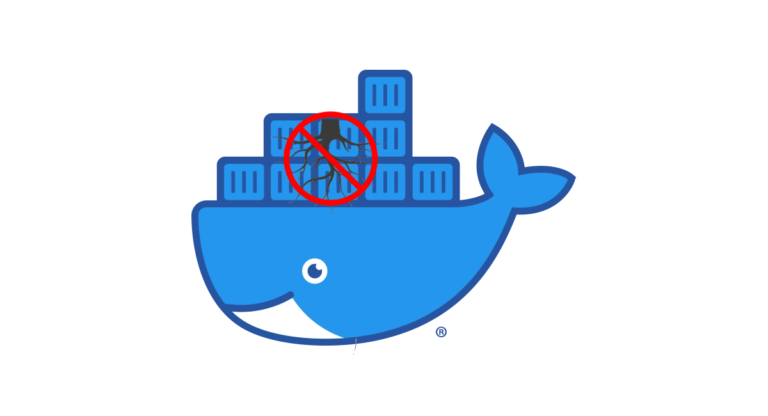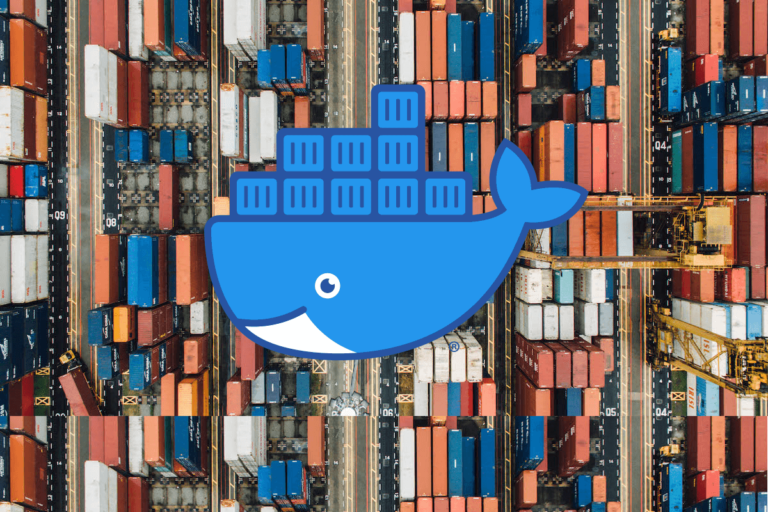Install Caddy reverse proxy via Docker
Why caddy? These are just some of Caddy’s amazing features! Install Docker and Docker Compose if you haven’t already. View our docker guide here & our docker rootless guide here. Scenario: you have a new app you wrote or installed via docker called mycoolapp you want to allow the outside world to connect to this…






